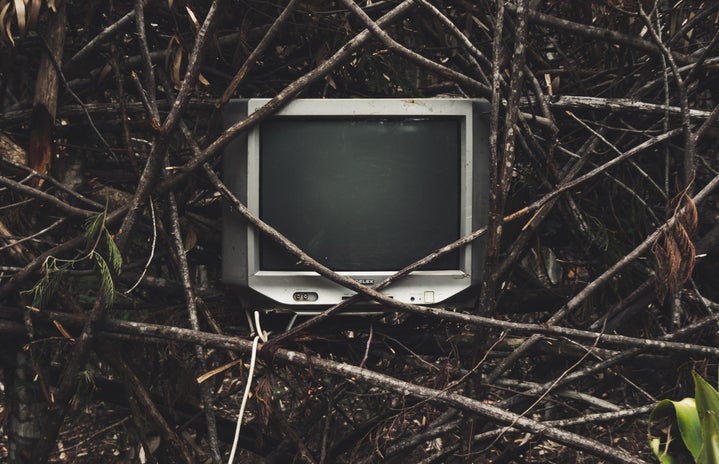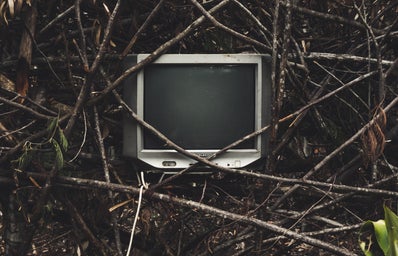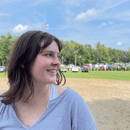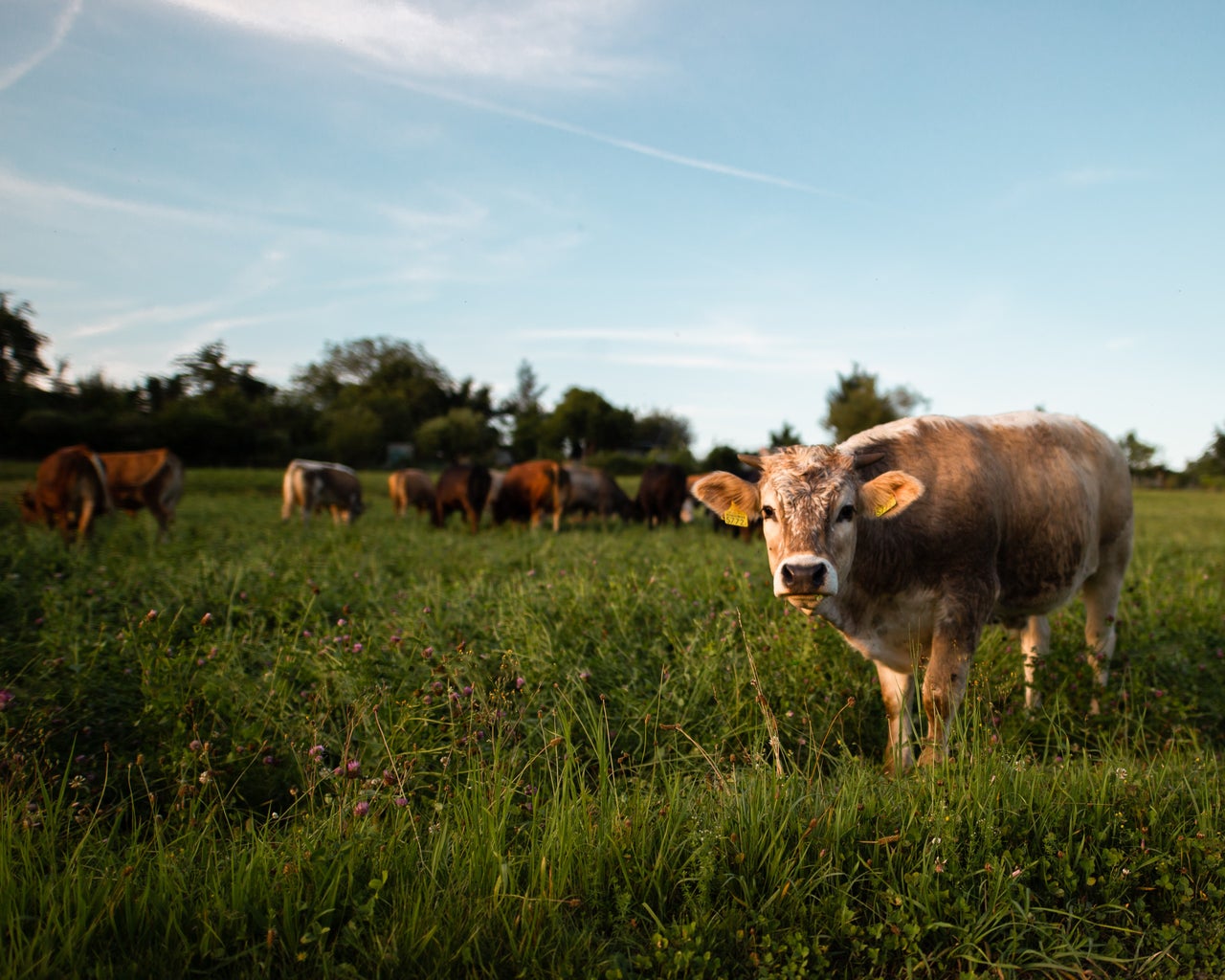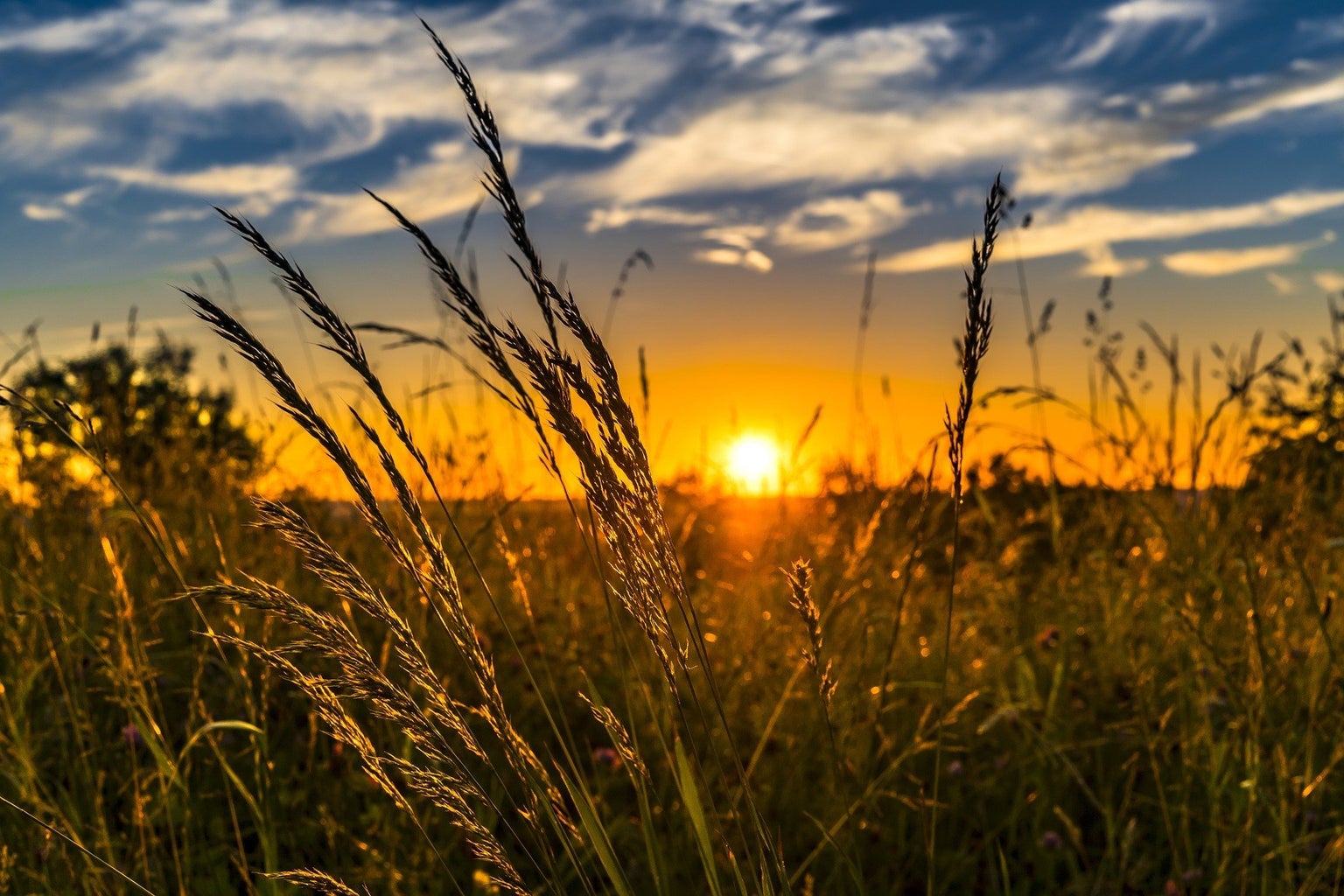The end of the world is constantly on my mind, ask anyone I know. I used to spend a considerable amount of time dwelling on the details—how, when, and why society as we know it will collapse—which proved insanely detrimental to my mental health. It was either therapy or becoming desensitized to catastrophe that eased my overwhelming sense of doom. Don’t get me wrong, I still feel doom, but it no longer keeps me up at night. I’ve separated myself from it (the end of the world, that is). It will happen someday, maybe or maybe not in my lifetime, and I will handle that if/when it comes. Until then, I’m going to live my life like everything is fine.
What gets in the way of this philosophy of mine is post-apocalyptic media, or any story about the end of the world really. When I was younger (before my doom set in) I read dystopian novels, like The Maze Runner and Divergent, for fun. During my fanaticism with the apocalypse, I watched I Am Legend and The Day After Tomorrow to study, take notes, and prepare for when that would happen to me. Now, even though I claim to have distance and critical thought, I am still pulled to these kinds of stories, and everyone else seems to be pulled to them as well. Post-apocalyptic media has never been more popular, though there’s more reality in them now than there has ever been before.
Since the most recent IPCC report, I’ve read three novels about the apocalypse: Severance by Ling Ma, Station Eleven by Emily St. John Mandel, and Zone One by Colson Whitehead. Zone One is like if Albert Camus tried to write zombie horror—it didn’t elicit any particular insights worth remembering. On the other hand, I found Severance and Station Eleven to be incredible novels that provide unique perspectives on life post-apocalypse. I still think about them (frankly, almost every day).
More recently, my attention has been turned to post-apocalyptic television. I discovered that Station Eleven was adapted into an HBO show, which naturally led me to find HBO’s newest end-of-the-world show, The Last of Us. Be forewarned, these two are heavy-hitters. I do not recommend watching them back-to-back, or even within the same month. I had to stop watching the Station Eleven adaptation because I realized it was making me too terribly sad. My tendency to dwell in doom still lurks in my mind, and I have to be on careful watch to protect myself against it. One night, I found myself watching three episodes of Station Eleven followed by the newest episode of The Last of Us. I couldn’t sleep that night. I knew then what a slippery slope these post-apocalyptic shows are. The thing is, they are so good, so beautifully thought out and executed. They are perfect examples of how capable and eloquent television has become. But for someone like me, with my tendencies, I have to balance my love for TV and my fear of the end of the world.
I worry about the amount of apocalypse-based media produced and consumed these days. It’s getting less fun and silly and more concerning and thoughtless. Recent films like How It Ends (2018) and Don’t Look Up (2021) feel trite and like they’re trying to make you depressed. That’s an awful aim. We don’t need any more of that—our real world is scary enough. I would like to exclude The Last of Us from this critique because I think that show is doing something new with the genre and treating it with seriousness. Yes, it’s heart-wrenching and tear-jerking, but it is also honest and genuine. It does not aim to sensationalize. Though I tune in every week for the new episode, I try not to give much more weight to the show. I tell myself over and over again that it’s fiction and that our world isn’t like that world.
I have such a love/hate relationship with post-apocalyptic media, but I’ve learned over the years to put down the book or shut my laptop or turn off the TV when I feel myself spiraling towards doom. I make myself go outside or talk to my friends or pet a dog because our world is still beautiful and lovely. We must enjoy that for as long as we can.
